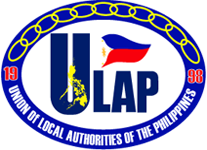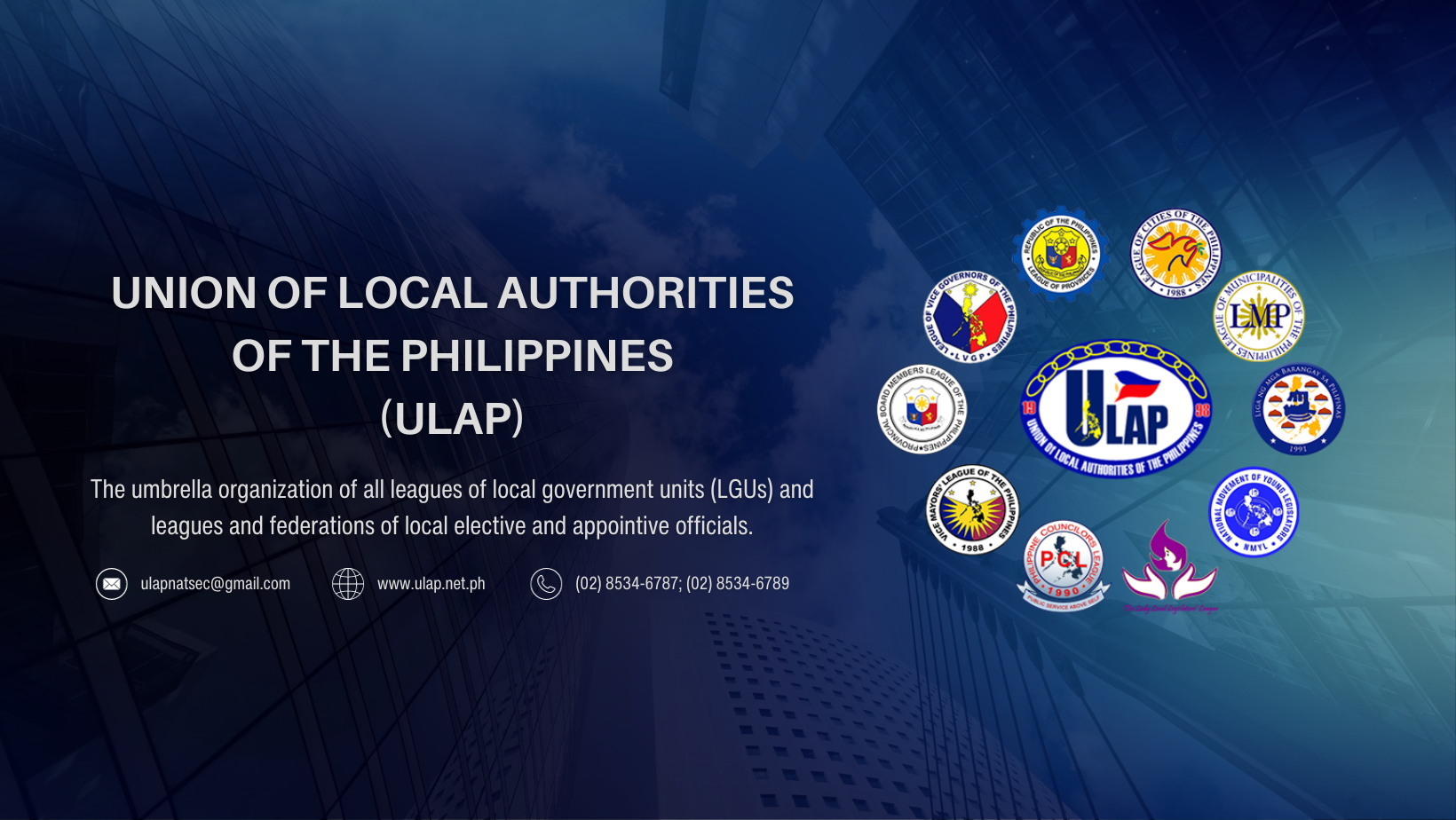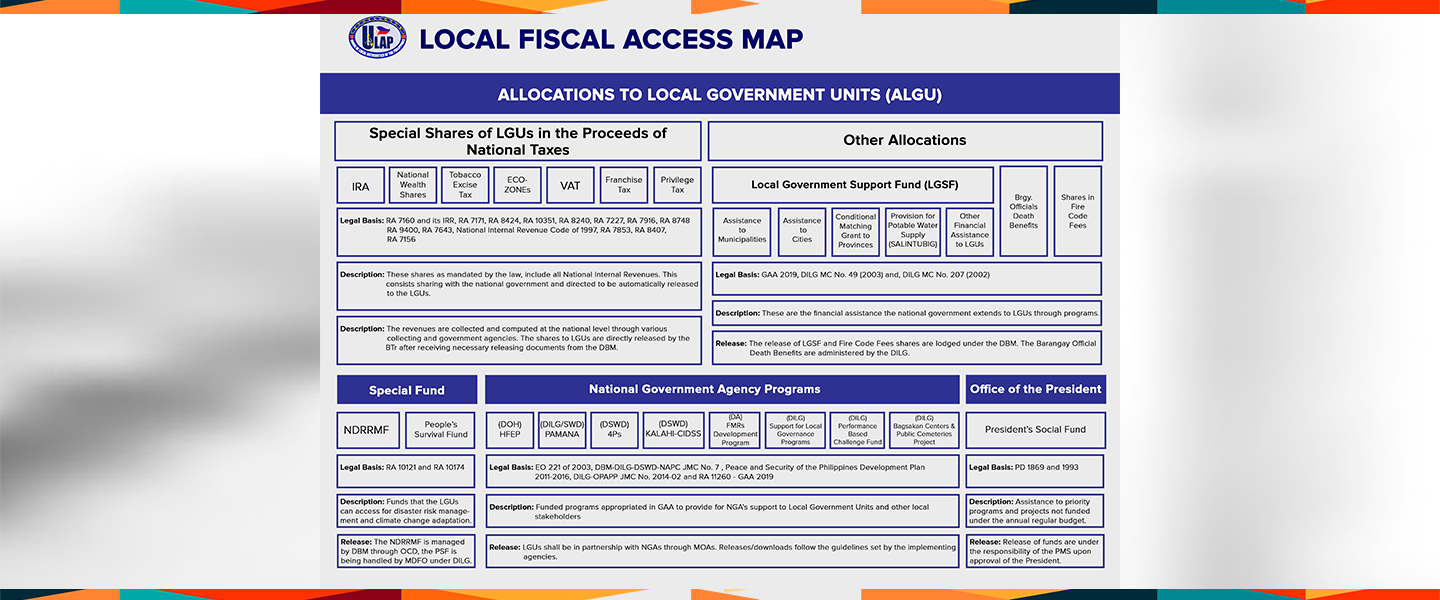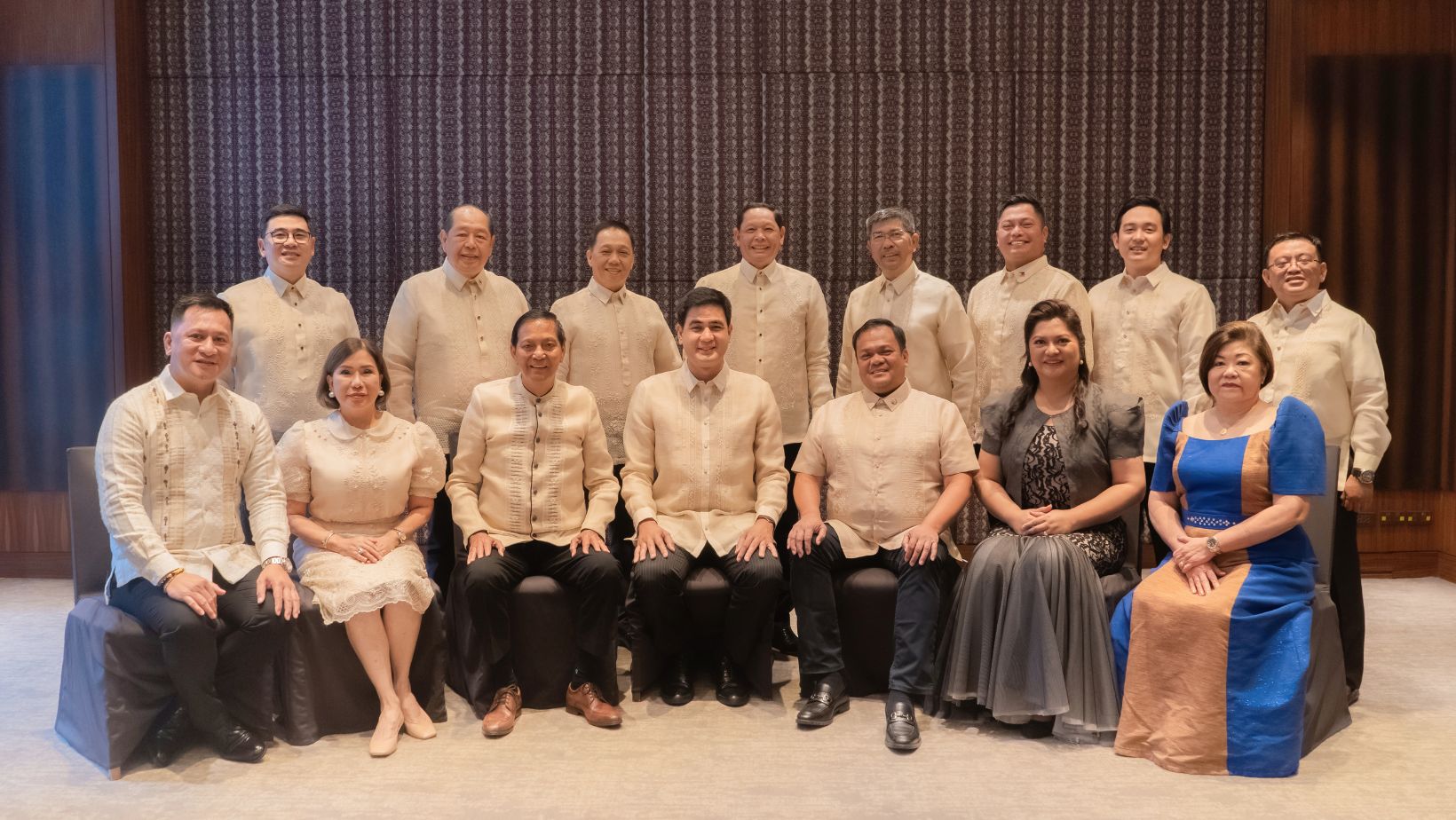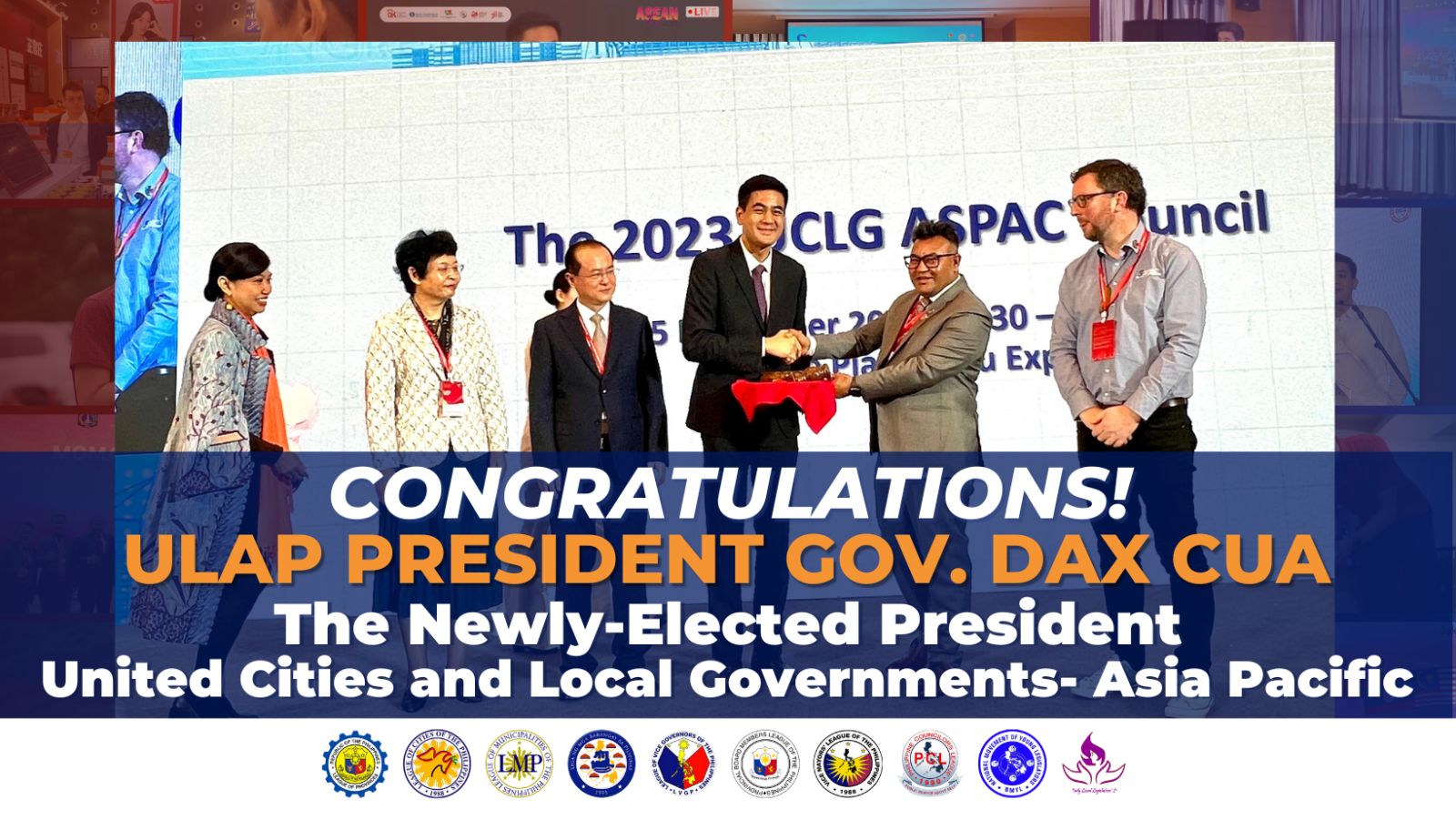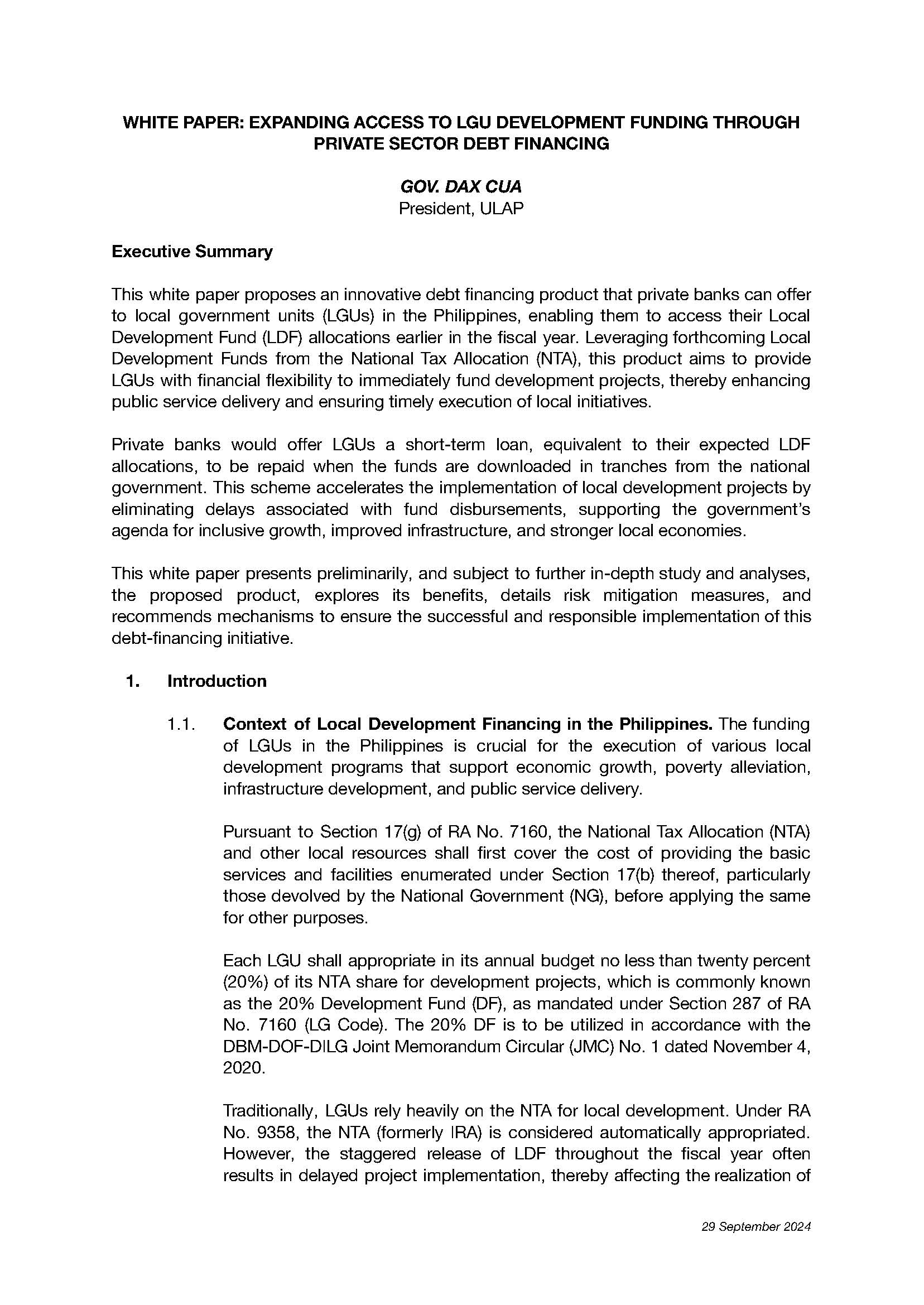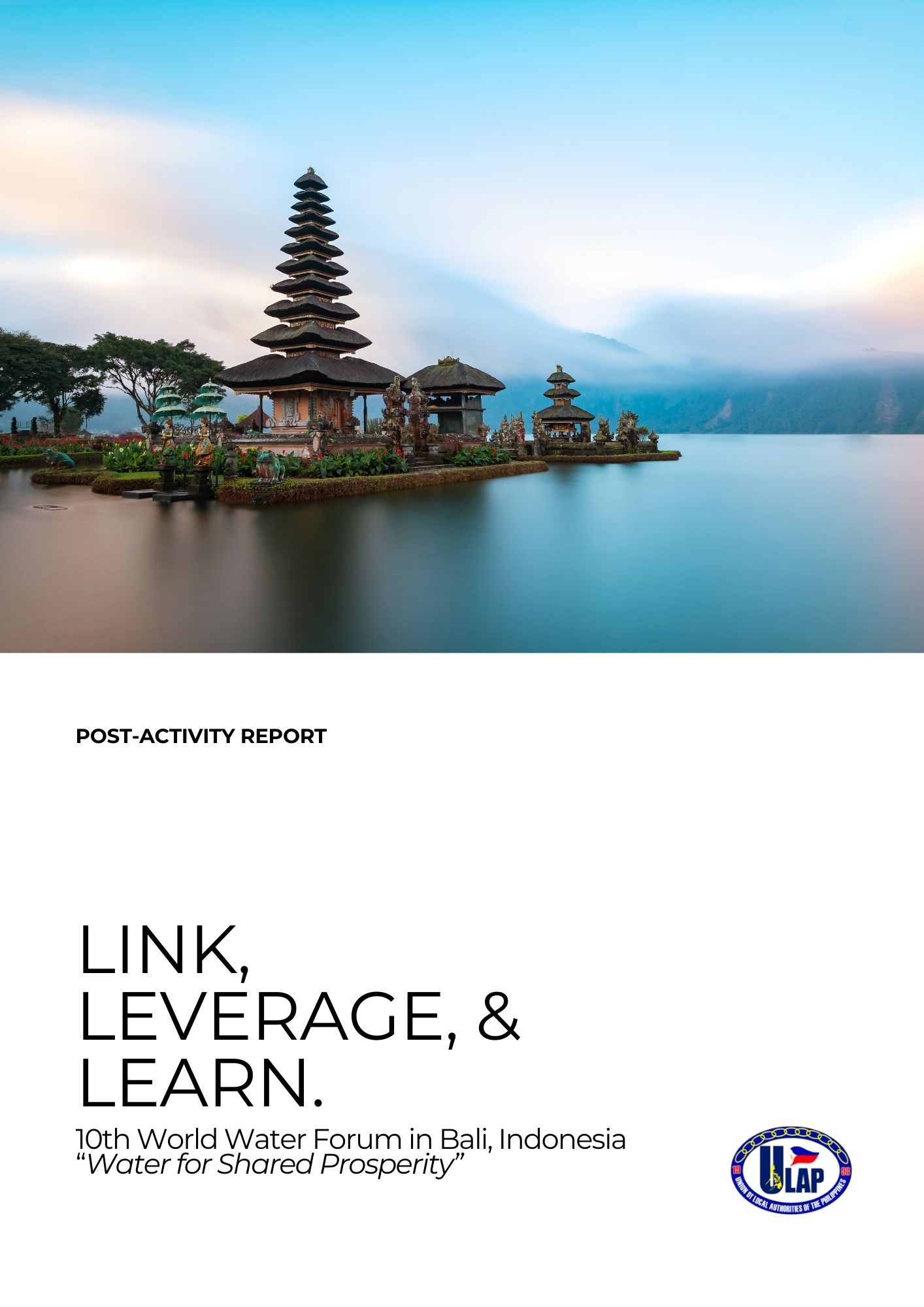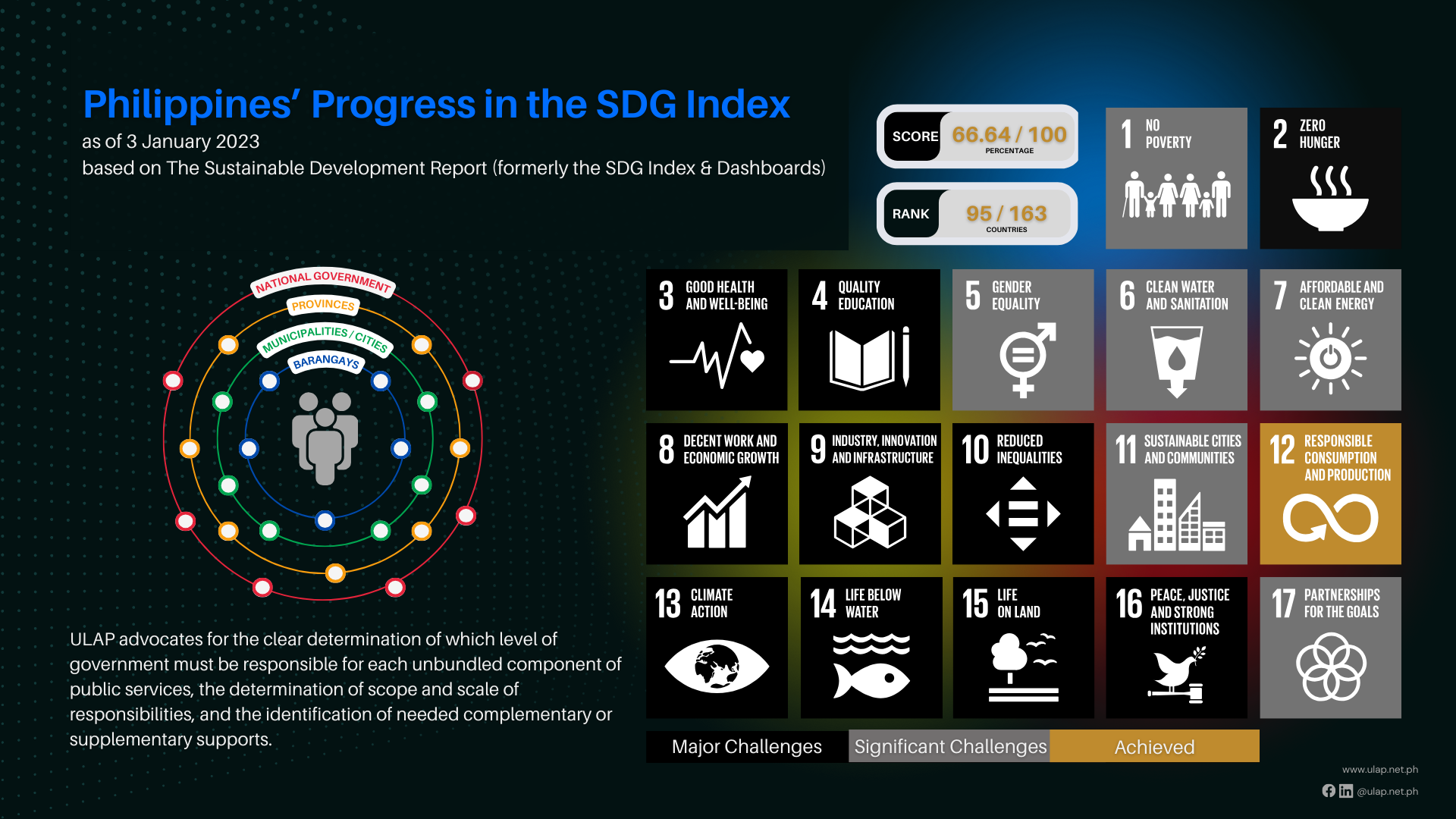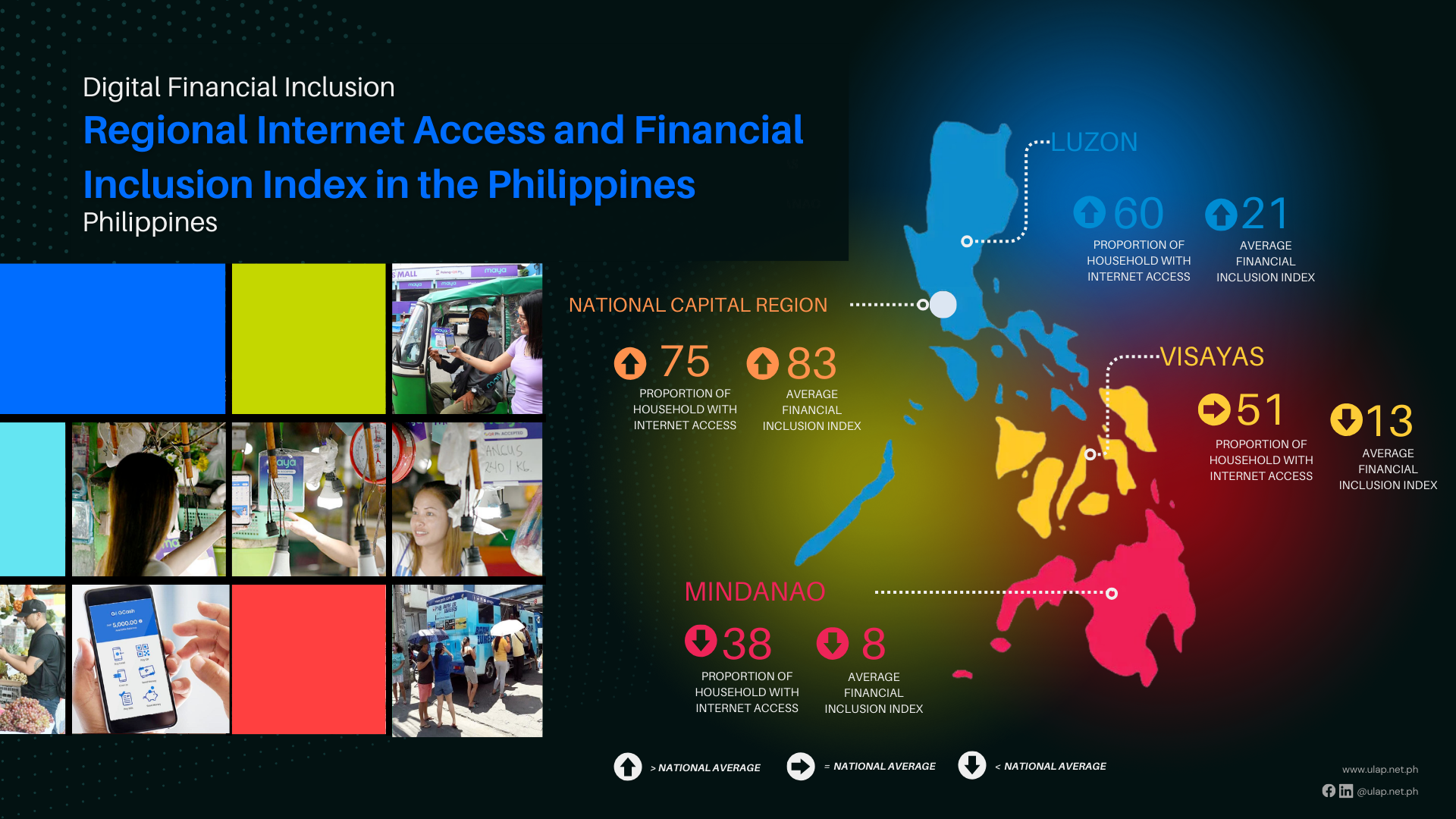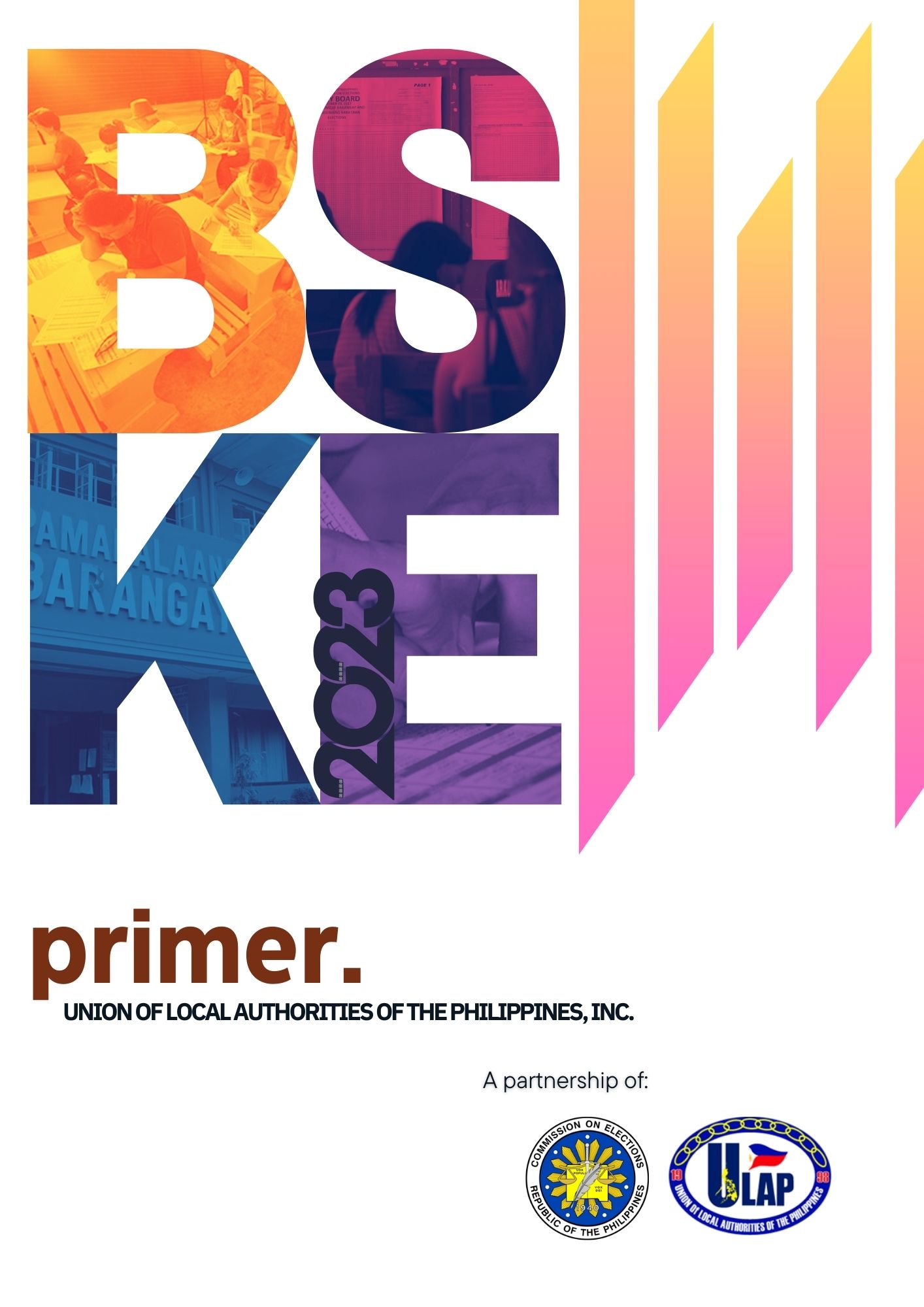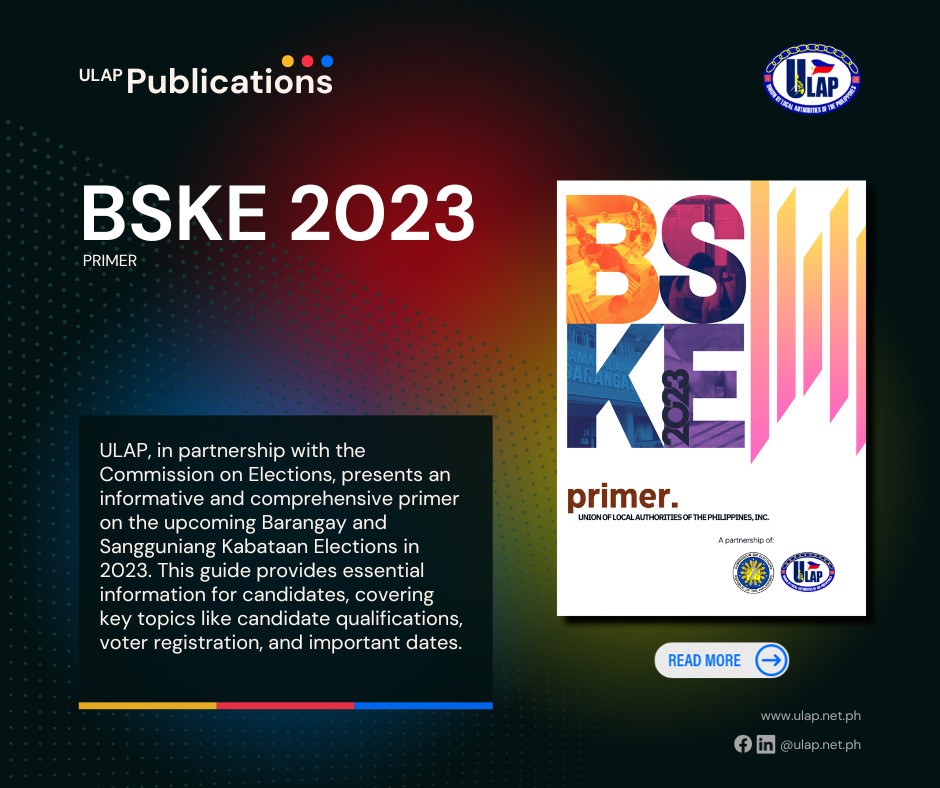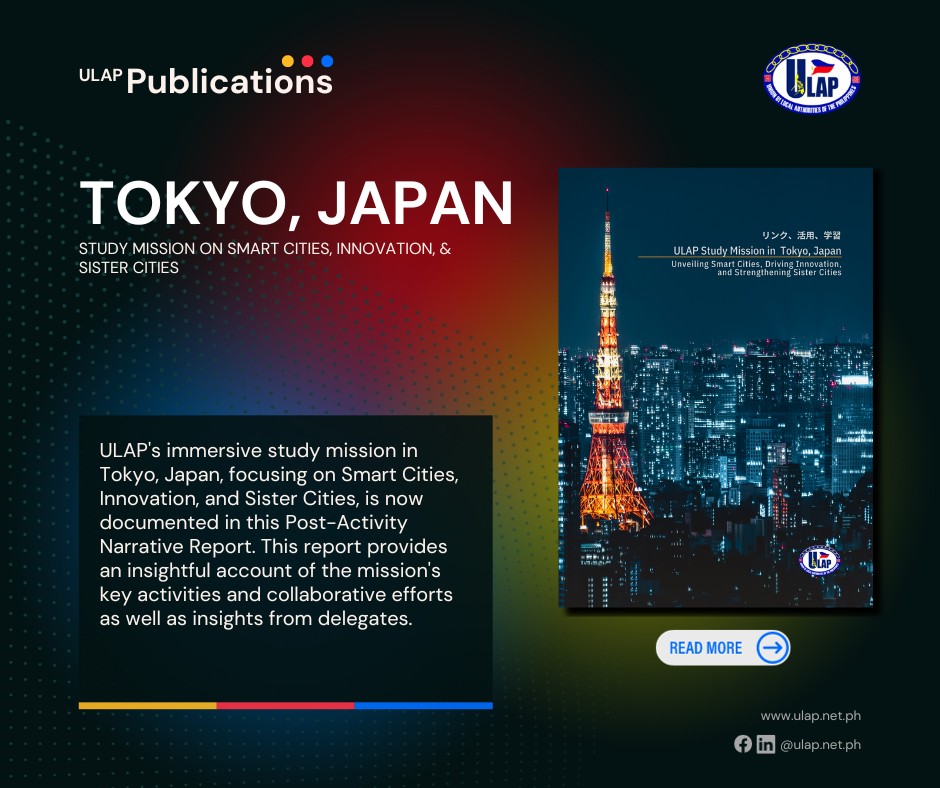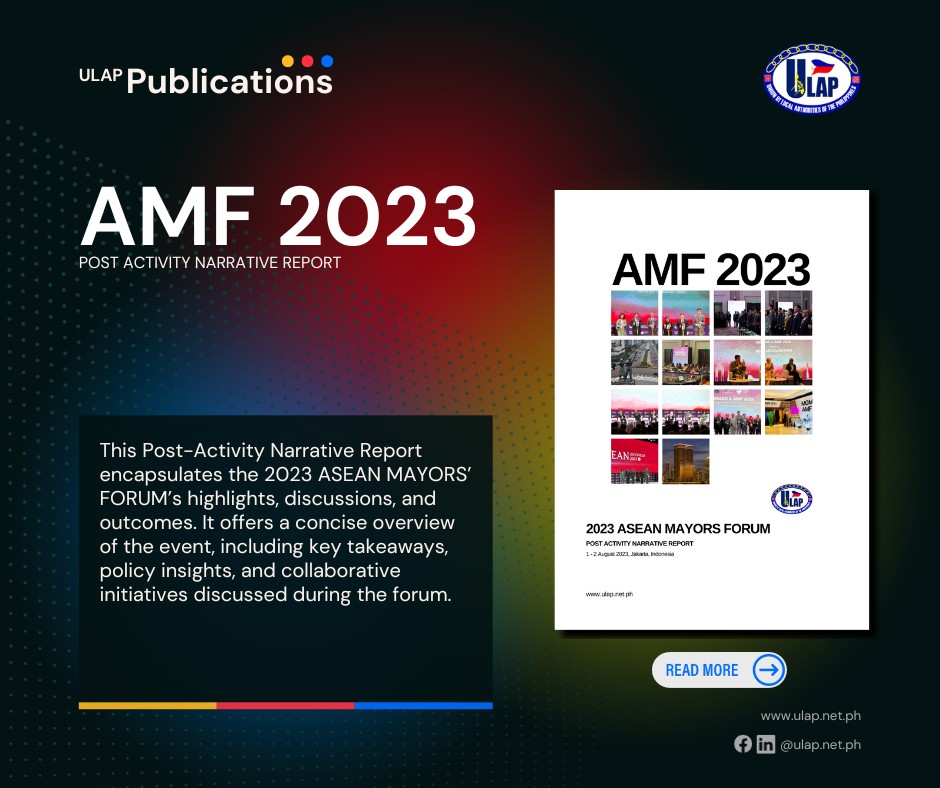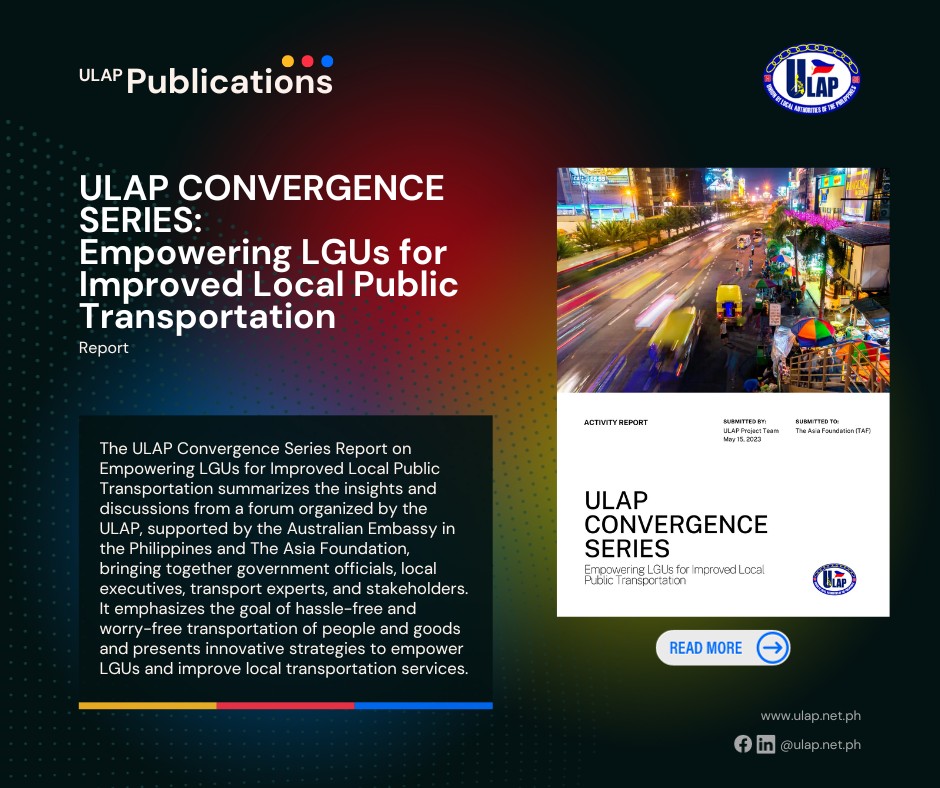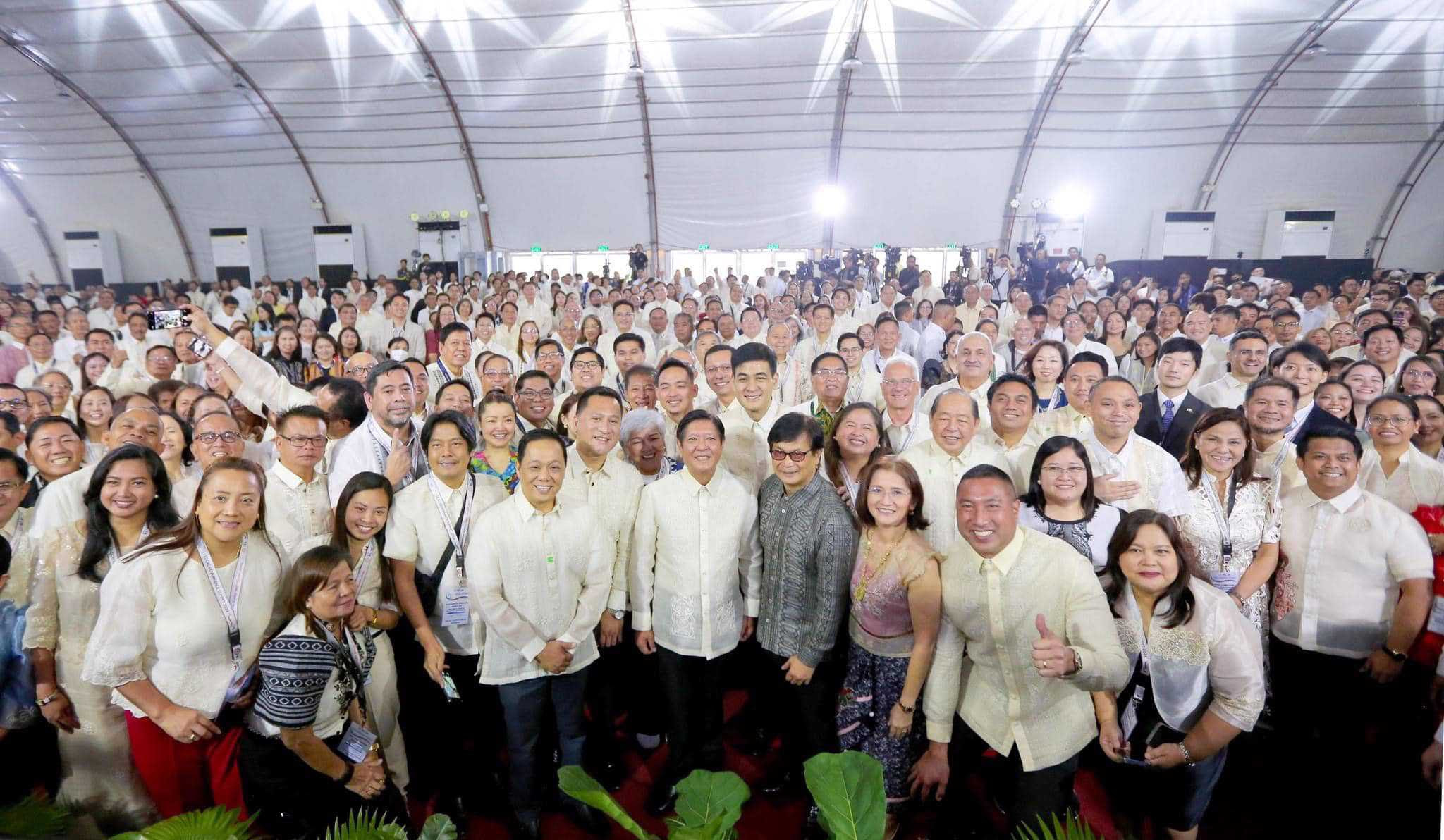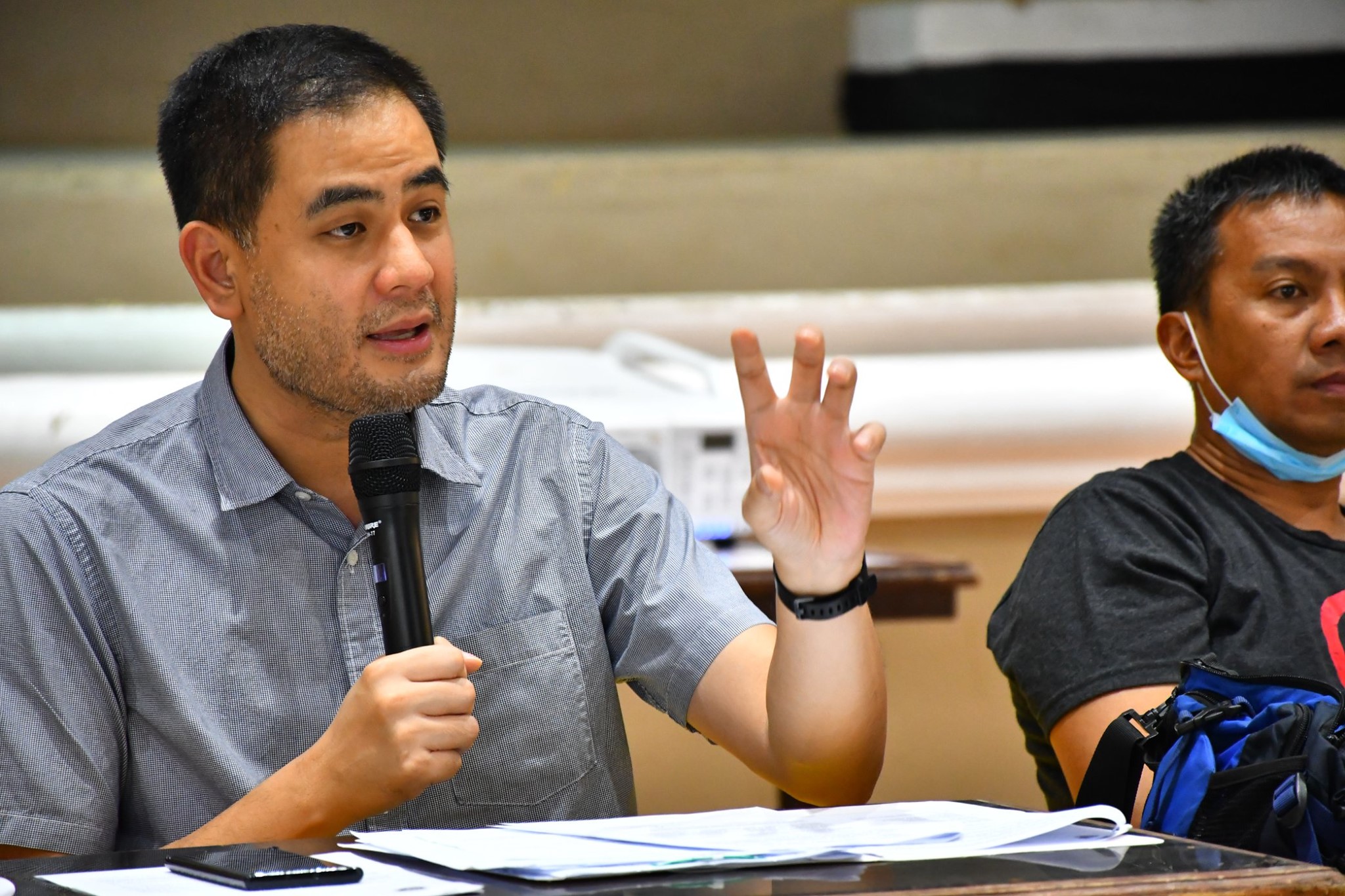
CABARROGUIS, Quirino, April 5 (PIA)—Governor Dakila Carlo E. Cua, president of the Union of Local Authorities of the Philippines (ULAP) yesterday wrote to President Rodrigo Duterte to recommend some policies for the consideration of the Inter-Agency Task Force.
“Our country cannot afford economic downturn and social disintegration which economic experts considered as consequences of prolonged enhance community quarantine,” Cua said.
Cua who also chairs the National League of the Province of the Philippines recommended that local government units with the help of National Government Agencies and Department of Health be allowed to assess and determine the true state or condition within their localities.
“Self-Assessment should open the possibility of either retaining or easing mobility restrictions and serve as a basis for the extent of social amelioration measure vis-a-vis a declaration of enhanced or general community quarantine, Cua said.
Also, NGAs concerned should prepare appropriate protocols that lift restrictions on certain activities and business operations given the possibility of improved situation in some parts of Luzon in the coming days.
Cua also said the DOH should establish the guidelines at the workplace or public spaces, e.g., surface disinfection and personal hygiene, physical distancing and area ventilation; the Department of Transportation should issue authority for protected shuttling of workers or limited operation of sanitized public transport.
On the other hand, the NEDA, DTI, DOF, and DA should prioritize industries for the immediate resumption and the Department of Public Works and Highways, National Irrigation Administration and other concerned national agencies should find a workable solution and identify vital and critical infrastructure projects that should proceed.
Furthermore, Cua pushed for Design Distance Learning Systems taking into consideration the technological advancement available today. He encouraged the Department of Education, Commission on Higher Education, Technology Education and Skills Development Authority, and Private Learning Institution to design and adopt education systems and curricula that will enable Filipino students to avail of distance learning alternatives when possible.
“The Department of Information and Communications Technology must expedite the rollout of the National Broadband Plan in order to provide connectivity to the farthest reaches of the nation,” Cua said.
Likewise, the National Telecommunications Commission (NTC) may revisit spectrum management policies to enable micro-telco entities, as well as, large telcos to serve the underserved and remote communities. The NTC may, likewise, exercise regulatory functions to ensure affordability and reliability of internet Service Providers,” Cua further said.
Cua lauded PRRD’s administration for its seamless work with the full support of government officials, both at the national and subnational levels, alongside members of the civil society, academe, and business sector, seamlessly work and cooperate together to overcome the COVID-19 contagion in order to mitigate the socio-economic impact of the health crisis.
“On the behalf of the Union of Local Authorities of the Philippines, I express utmost appreciation and gratitude to all our unsung heroes,” Cua said.
Cua also aired the clamor from the grassroots, all the way to the municipal, city and province-wide level, for a gradual shift to a normal way of life knowing that the government is keen on striking a balance between safeguarding the health, security, and welfare of the people and ensuring the protection of the economy and other strategic sectors.
“As the representative of the local executives and official, I share the apprehension and sentiments of the different sectors that comprise our LGUs. In addressing this health crisis, there is no argument that the well-being of our constituents is foremost but with equal importance is the nation’s socio-economic stability,” Cua further said.
Cua had sought PRRD’s favorable consideration as he assured full support from ULAP and the local government leagues to end the health crisis.

